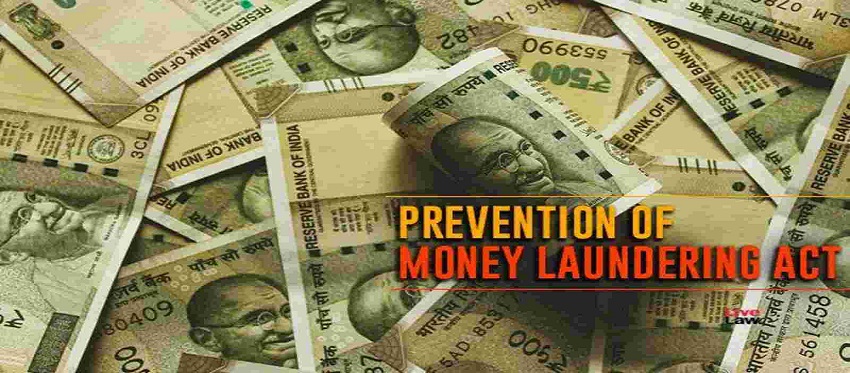DEMYSTIFYING THE STATUTORY SAFEGUARDS UNDER PMLA
– Mahi Yadav and Yatharth Gupta
In the recent times of hardships for businesses and entrepreneurs caused due to the unforeseen circumstances has resulted in restriction of the opportunities and halting the avenues for smooth running of businesses. The Fugitive Economic Offenders Act, 2018 and the Prevention of Money Laundering Act, 2002 (hereinafter referred as “PMLA”) and similar leveled legislations which has caused drastic inconveniences in running businesses, especially for small and medium scale businesses, which now requires high inputs cost in compliance and adjudication. Actions of the investigating agencies or quasi judicial bodies in numerous cases have resulted in damaging the goodwill and consequently irreparably affecting the business.
The PMLA has envisaged enormous power in the Enforcement Directorate (hereinafter referred as “ED”) including attachment of property deriving directly or indirectly from the proceeds of crime, search and seizure of records or property etc.
Recently, the Hon’ble High Court of Punjab and Haryana in its recent judgment titled as Seema Garg v Deputy Directorate of Enforcement has restricted the scope of administration of power by the ED before attachment of property vis-à-vis the proceeds of crime as defined under section 2(1)(u) of the PMLA.
The Hon’ble Court has barred the ED from attaching the property purchased or sold before the commission of the scheduled offence unless the property held to be taken outside the country. Further, the Hon’ble Court also held that the authorized personnel of ED are required to state the “reason to believe” and mere reproduction of words as stated in Section 5 are not sufficient cause of attaching of the property.
Section 5(1) and 17(1) of PMLA, prescribes the statutory framework for attachment and search and seizure of property, respectively which mandates the ED to note the “reason of belief” before adopting any stringent actions as per the procedure prescribed under PMLA. Similar opinions were reiterated by the Hon’ble Supreme Court in case titled as OPTO Circuit India Limited v. Axis Bank. The Hon’ble Court held that failure to note the “reason to believe” may lead to vitiate the proceedings undertaken by the Department. This was also held by the Hon’ble High Court of Delhi in case of Aparjita Kumari v. Union of India and Sekar & Ors. v. Union of India.
A proper mechanism of checks and balances has been undertaken by the judiciary to restrict the unjust attachment of property and provide adequate relief in the cases of abuse of power by the departments under the veil of legislations like PMLA.
[1] The opinions are reserved to the authors, who are advocates at the Majesty Legal.

